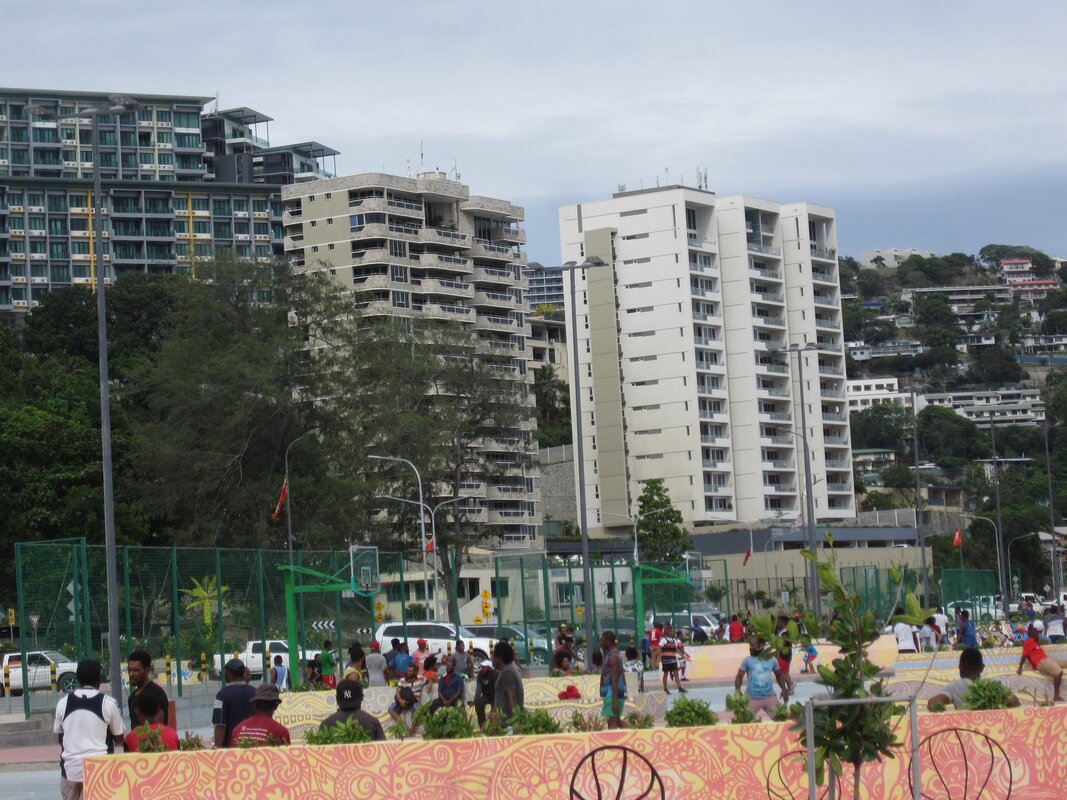World Bank Raises Concerns Over PNG's Social Indicators Amid Economic Growth
The World Bank has issued a stark warning to the Papua New Guinea (PNG) government, emphasizing that despite strong economic performance, social development indicators remain critically weak. The institution has called for urgent measures to address key challenges in education, child health, electricity access, and job creation. While PNG’s economy demonstrates robust growth on paper, its human development metrics paint a troubling picture of persistent obstacles affecting millions of citizens.
 |
| World Bank Raises Concerns Over PNG's Social Indicators Amid Economic Growth |
A recent report by the World Bank highlights alarming statistics regarding education and child welfare in the country. Approximately 72 percent of Grade 5 students are unable to read or comprehend age-appropriate texts, pointing to significant deficiencies in the education system. Additionally, PNG ranks fourth globally for child stunting, with nearly half of all children affected by this condition, which is indicative of chronic malnutrition and inadequate healthcare services. These findings underscore the pressing need for targeted interventions to improve educational quality and child health outcomes nationwide.
The report further reveals that only 20 percent of PNG’s population has access to electricity, the lowest rate among comparable nations. This lack of essential infrastructure significantly restricts opportunities for economic progress and improved living standards. Moreover, despite steady GDP growth, average per capita income has increased by less than 1 percent annually, suggesting that the benefits of economic expansion have not been equitably shared. Khwima Nthara, the World Bank Group’s Country Manager for PNG, stressed the importance of inclusive growth. “The real challenge now is to translate economic momentum into human development—ensuring better lives, better access to education, healthcare, infrastructure, and jobs,” he stated.
In response to these challenges, the World Bank has voiced strong support for the PNG government’s Medium-Term Development Plan IV, which outlines bold goals for transformative change. Key objectives include doubling the size of the economy, creating one million new jobs, achieving 70 percent electricity coverage by 2030, and constructing 16,000 kilometers of roads under the Connect PNG initiative. Mr. Nthara commended the plan, highlighting its potential to foster shared prosperity. “You have very good plans,” he remarked. “The ambition to create one million jobs, especially for families on the land, is exactly what shared prosperity requires.”
Also read


Post a Comment